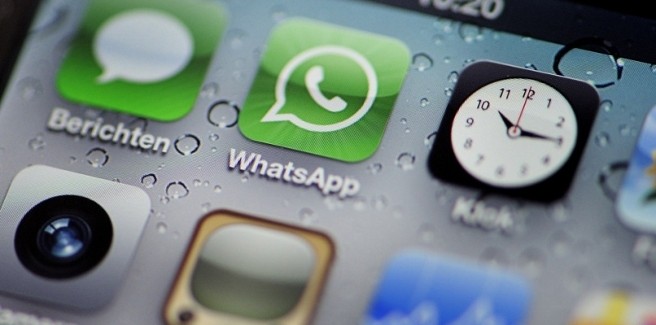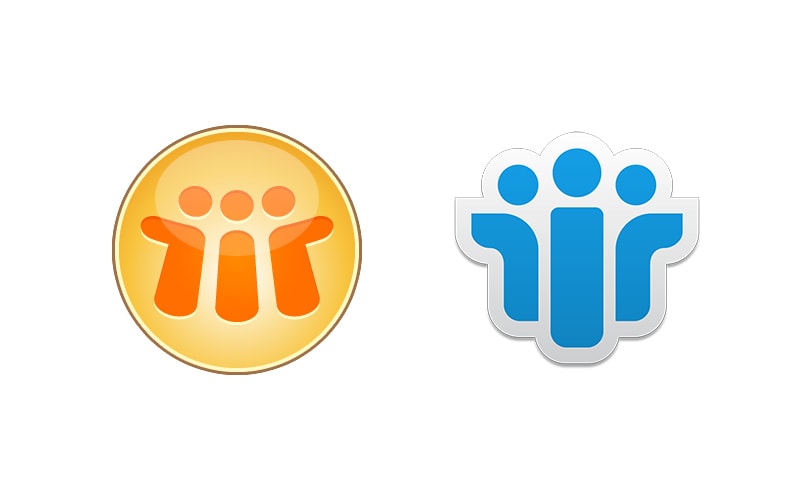It isn’t news to anyone that we live in a mobile world now. Over half of adult Americans own smartphones, and the desktop business has been steadily declining as tablets and phones continue their ascent. As consumers, we have spoken: Our world is on the go, and we want technology that can keep up with us.
But it’s more than just the size and convenience of these products that make them so revolutionary; they mark a shift in how we interact with our devices and through them, with products and services in the outside world. The app economy doesn’t exist to simply occupy people’s time with games and to-do lists — it’s a way to disrupt traditional ways of doing business.
Three Traditional Industries that Mobile apps have Disrupted
Whole volumes can be written on the various businesses and services that have benefited, and suffered from, the Smartphone revolution, but here are three key examples of how apps have managed to revolutionize whole industries.
Travel
While the traditional travel agent’s way of doing things was on the decline before smartphones, thanks to websites like Expedia and Travelocity, we still printed our boarding passes, booked hotels and flights way in advance, and manually kept track of our travel itineraries.
With mobile phones, this changed almost completely. Most airline apps allow us to check in and present our tickets from within the app and, more importantly, they continuously update us with current flight ETAs and gate change information that can make the difference between a successful trip and a disastrous one.
Furthermore, a whole industry of mobile apps has arisen around the concept of last-minute deals when it comes to hotel reservations and other travel accommodations. With their phones, users have the ability to make last-minute vacation plans that are often cheaper than ones made months in advance. This practice has become much more widespread in the days of mobile.
Transport
You’ve most likely heard of new car services like Uber and Lyft. These companies have made names for themselves by creating an experience that allows you to order and pay for a car service with a few simple taps on your phone.
The key thing to remember about these services is that Mobile technology is not their business — it’s the tool through which people access their service. Mobile is the facilitator, not the endgame.
GPS (Global Positioning System)
Remember when everyone had a TomTom or Garmin hooked to their dashboards? When was the last time you had one hooked to yours? Built-in apps, such as Google and Apple Maps, have all but replaced this once-burgeoning product category, offering the same features without the need for another clunky device.
Furthermore, smartphones have surpassed traditional GPS devices, with apps like Waze, which provides crowd sourced alerts about traffic, accidents, police information, and even red-light cameras. By providing points and rewards for adding information, Waze turned maps into a game and created something wholly new in the GPS industry. Its no wonder Google spent $1 billion to acquire it.
What to Keep in Mind When Designing Your App
These aren’t the only industries that have been disrupted by mobile, and they won’t be the last. With the widespread adoption of wearable tech just around the corner, we’re going to be presented with new and exciting ways to change how we do business. There are a few key things to keep in mind when looking to change the world with mobile.
- Count the steps. How many steps does it take to provide your service? If you can find ways to cut down on the number of steps or make them easier with mobile, then you have a good start when developing an app.
- Put the user experience first. Making your app a pleasure to use can make the difference between success and failure. Learn about the psychology and motivations behind people’s interactions, and design your app around that.
- Capture feedback. Make it easy for users to provide feedback - and for you to track it. Seeing how people actually use your app and knowing what they’re looking for can give you a better picture of the place mobile has in your business.
- Partner up. You don’t need to do everything. Look for ways to connect what you have to offer with other products and services so your users get a full experience. That means you won’t get bogged down in details irrelevant to your core business.
A key thing to keep in mind when looking toward the next wave of disruptive apps is how mobile fits into the way people live. Does your app empower people to do things they already want to do? Is it strategically positioned to be useful at certain crucial times (like when they need to find a hotel room at the last minute?)
The major reason apps have been so game changing is that they have improved upon the ways people go about already doing things by not forcing people to change their lives. As long as app makers continue to keep that in mind, we are only at the beginning of the app revolution.
Author: Veer Gidwaney is the CEO and co-founder of Maxwell Health. Maxwell Health provides a SaaS platform through health insurance brokers that drastically reduces the headaches associated with employee benefit systems. Maxwell Health is committed to helping both employers and employees reduce healthcare costs through an incentive-based system that rewards people who actively try to be healthier. Tech Cocktail recently named Maxwell Health the “Hottest Startup in the Nation” in 2013 and we are proud to have him as a guest poster on CitizenTekk.





